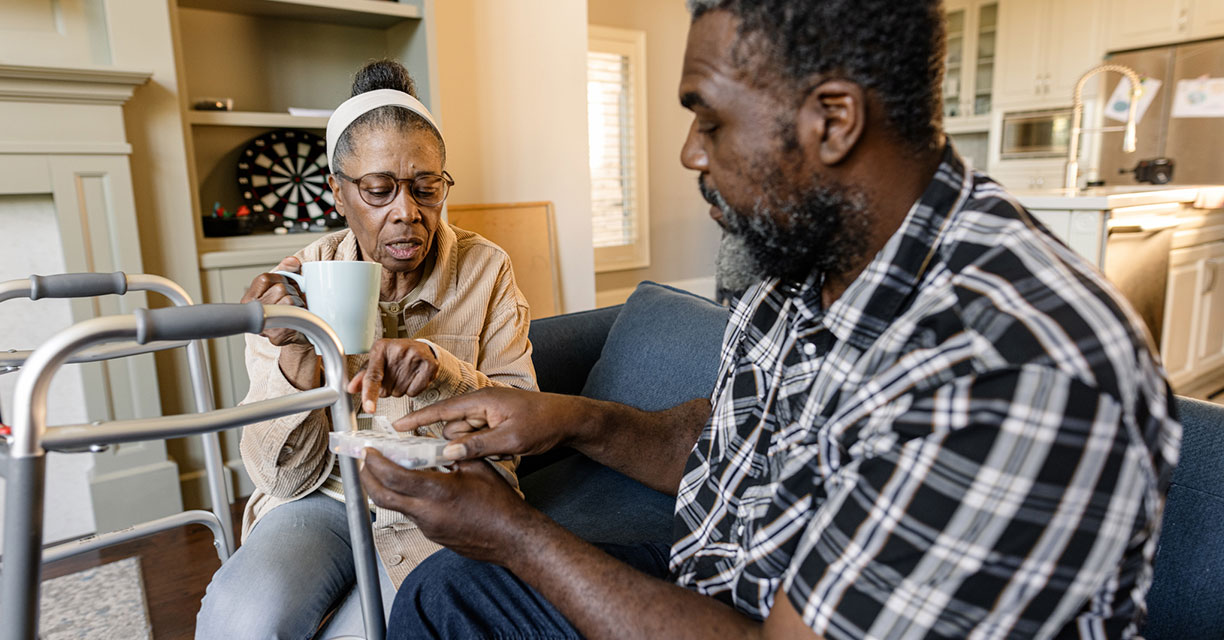Headline
Implementing a predictive model in acute settings can more reliably identify patients with high mortality risk, which can assist providers in prioritizing advance care planning (ACP).
Context
ACP can support patients with serious illness in better establishing goals for care and lead to earlier hospice referrals with fewer in-hospital deaths. Providing earlier palliative care can improve quality of life, mood, and even survival for patients near the end of life. It is difficult, however, to identify and prioritize patients at the greatest risk of mortality. This case example from NYU Langone Health describes the health system’s experience in creating and using a risk prediction tool with artificial intelligence (AI) to identify patients at high risk of dying within two months of hospital admission and improve their ACP efforts.
Findings
NYU Langone Health used a three-year retrospective cohort of nearly 129,000 adult hospitalizations to create their predictive model that identifies patients at high risk of mortality within two months. Once the model was proven to be sufficiently accurate in predicting near-term mortality or referral to hospice, it was integrated into the health system’s electronic health record. The system computes risk scores in real time for new patient admissions and alerts the attending physician and care team of potential high-risk end-of-life patients who would benefit from ACP conversations.
Overall, about 71 percent of physicians agreed with the system’s assessment of mortality risk, with 65 percent of admissions having at least one ACP note documented. On the cases with disagreement, patients usually had better outcomes.
Takeaways
Using an AI-enabled system alert to predict two-month mortality can identify individuals at higher risk of death and support providers in appropriately prioritizing ACP conversations.




